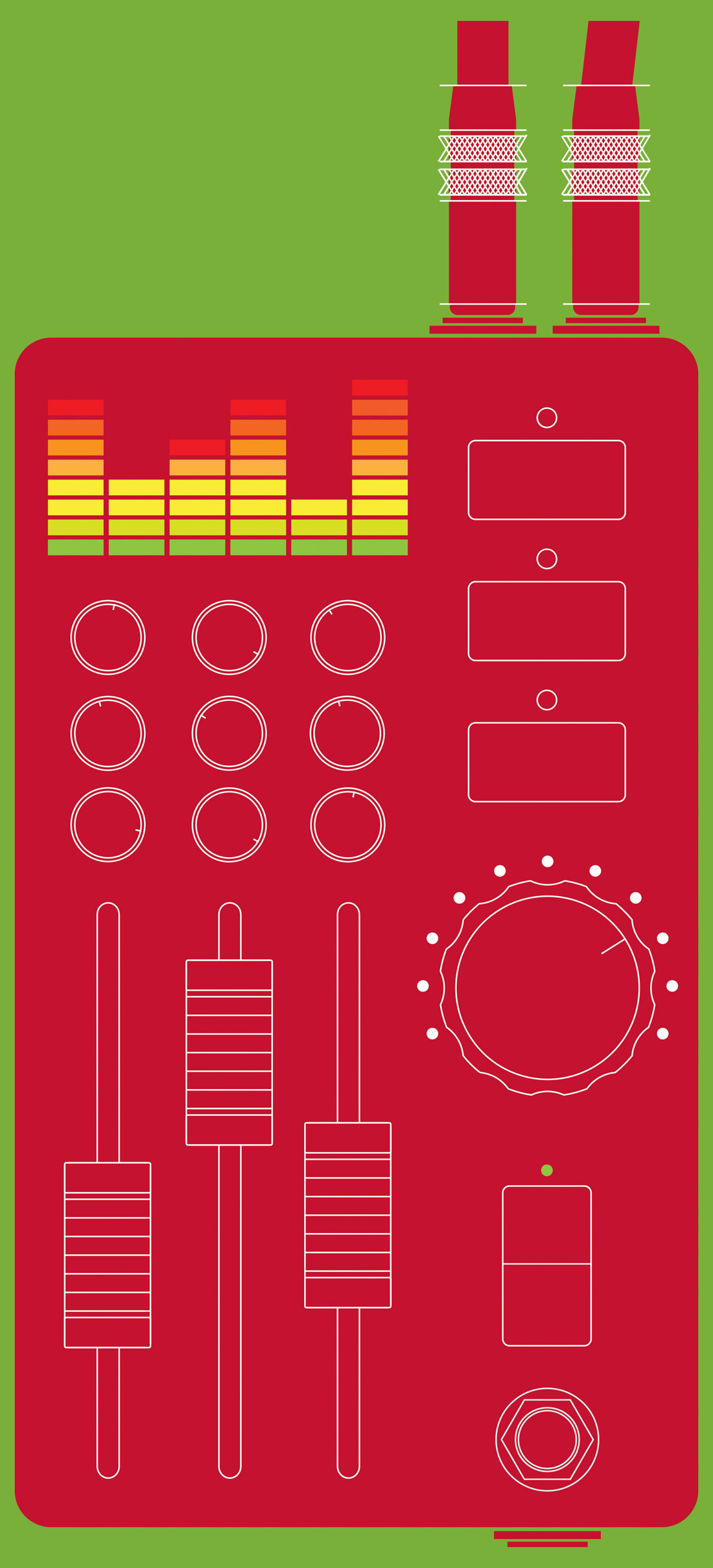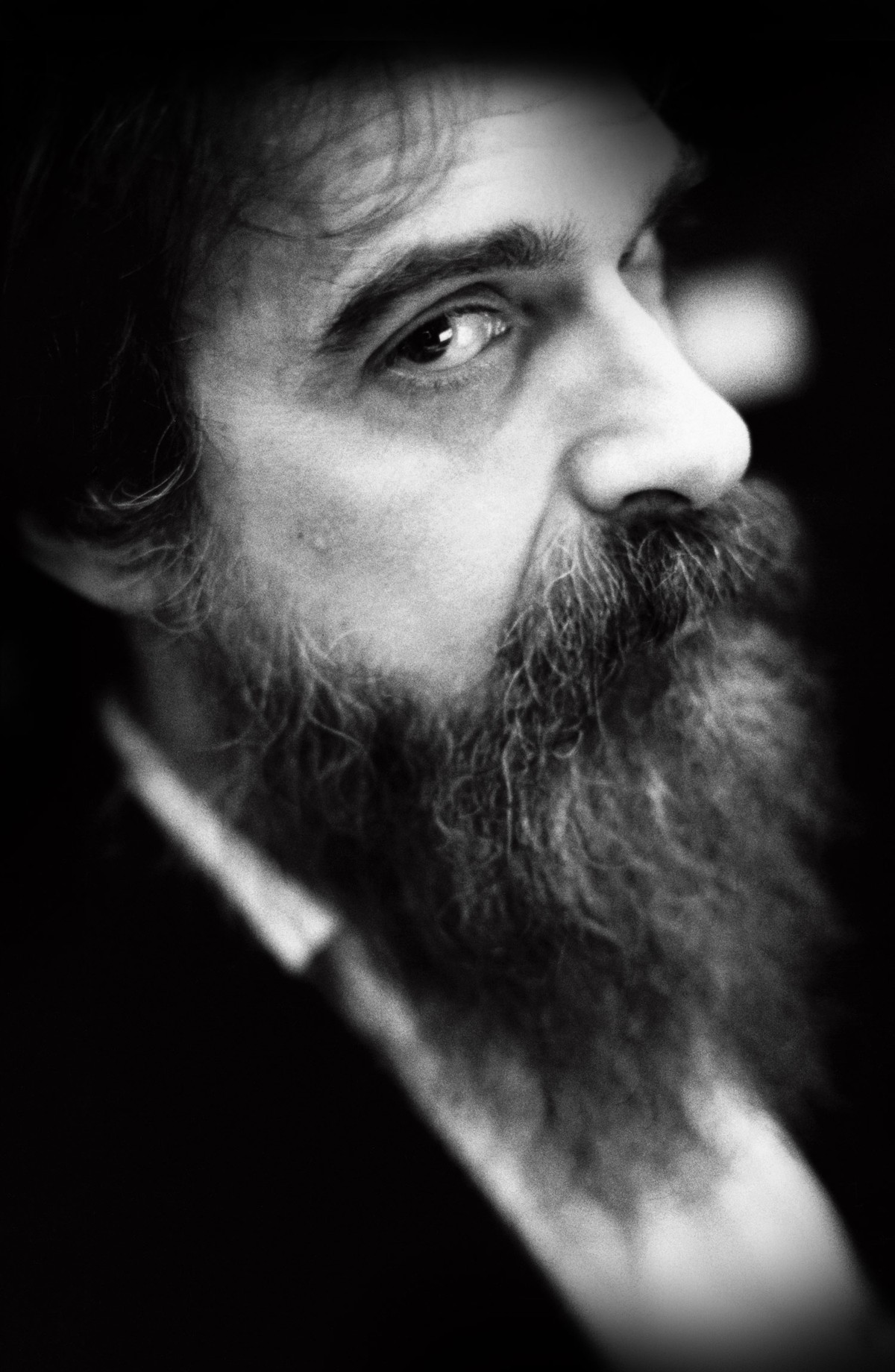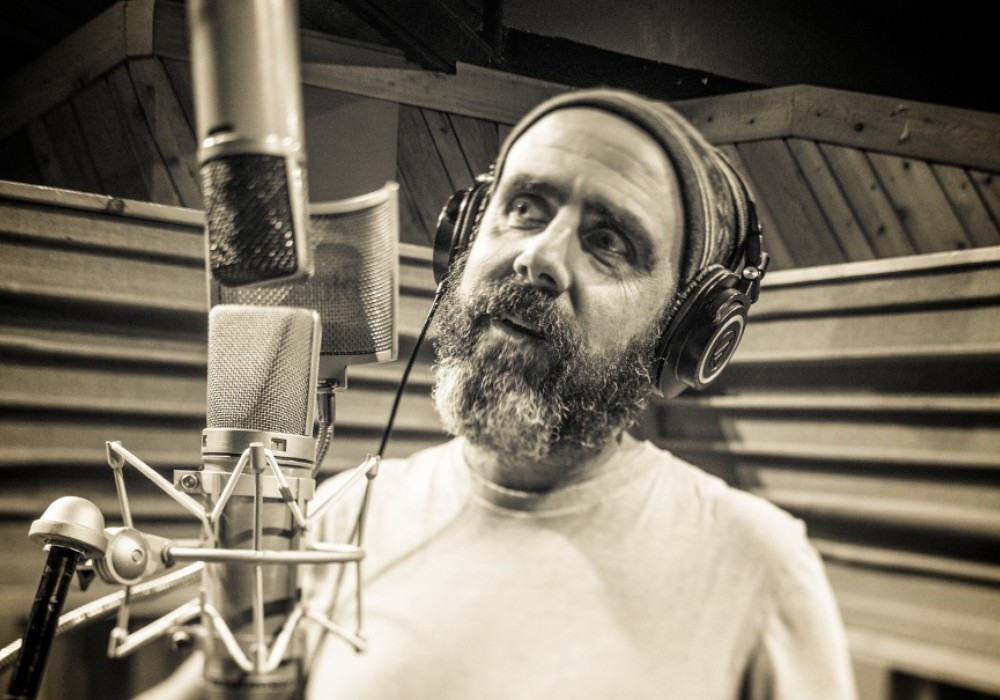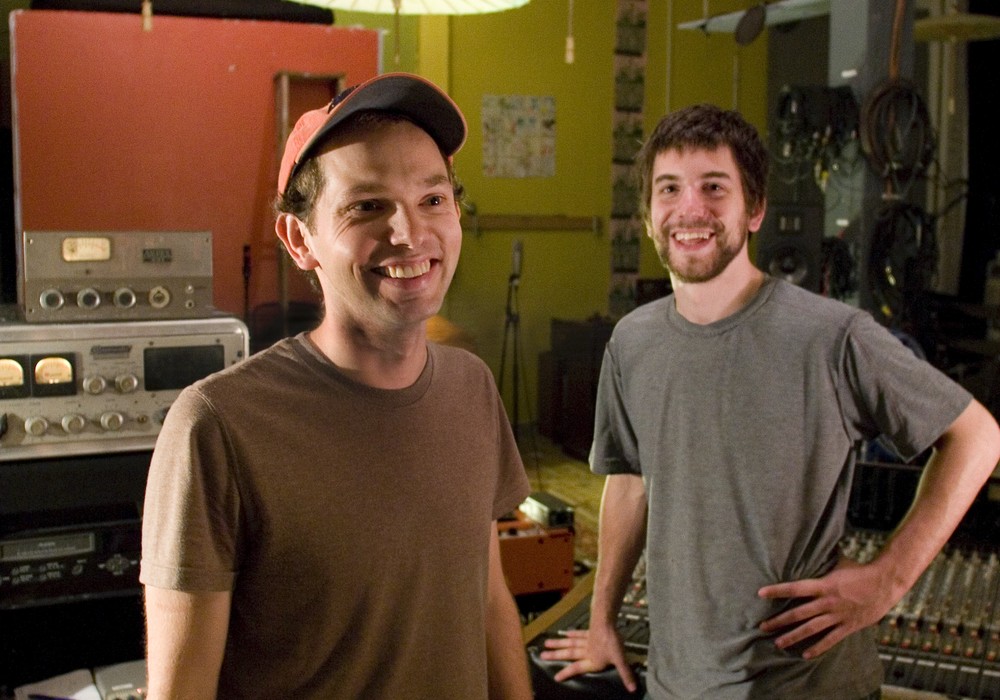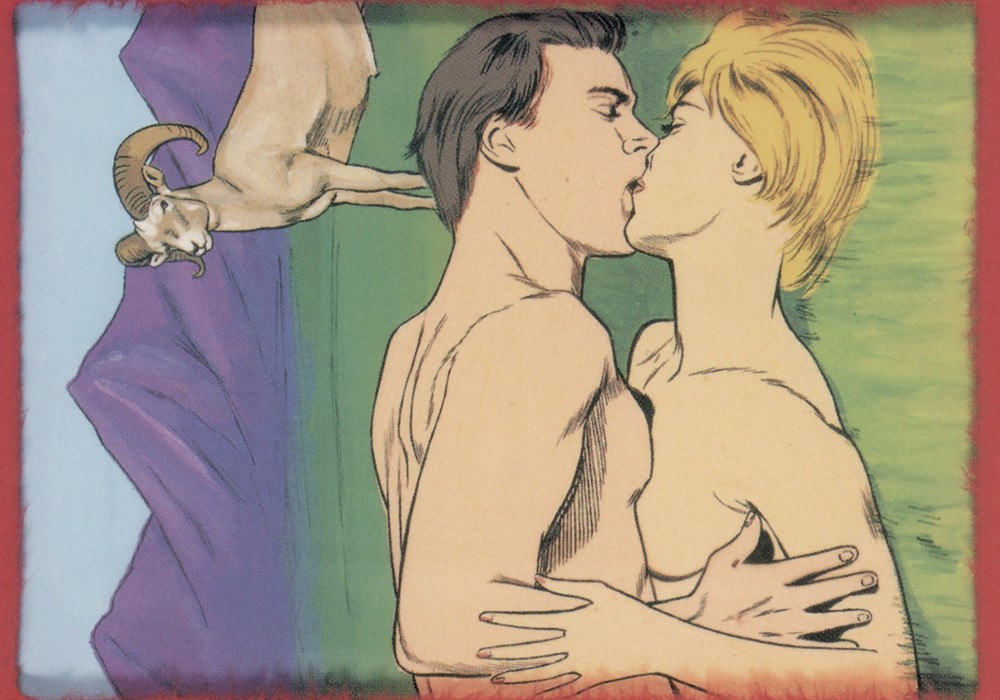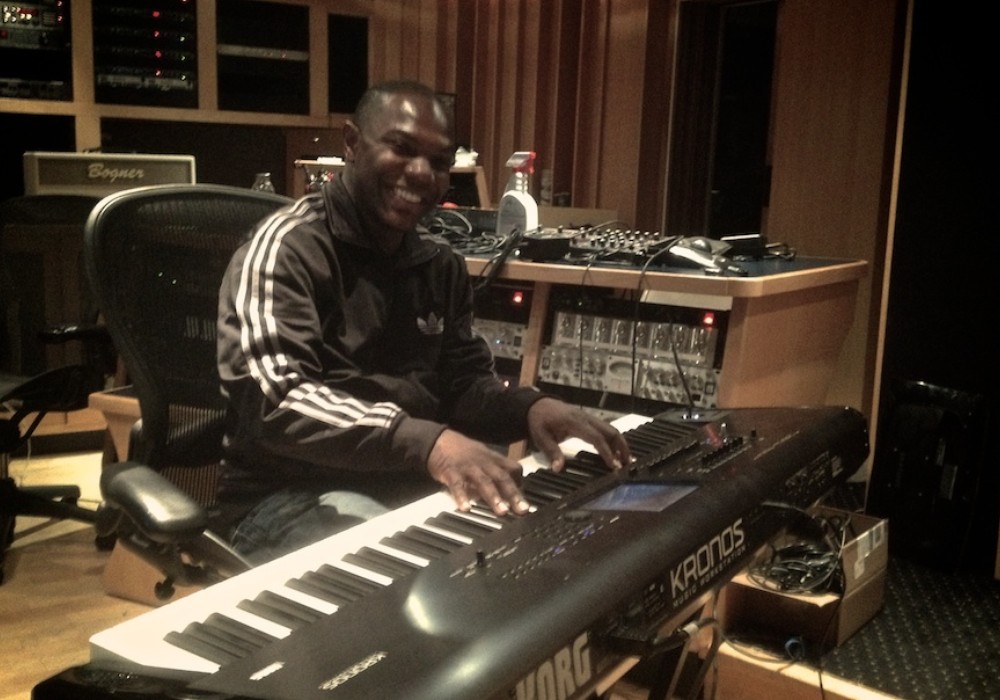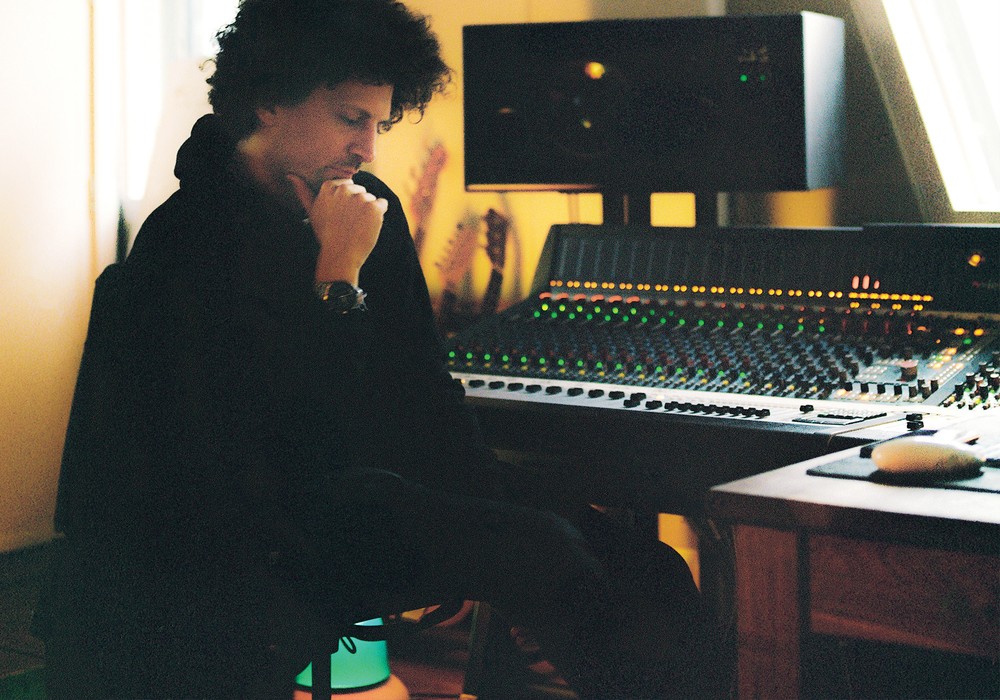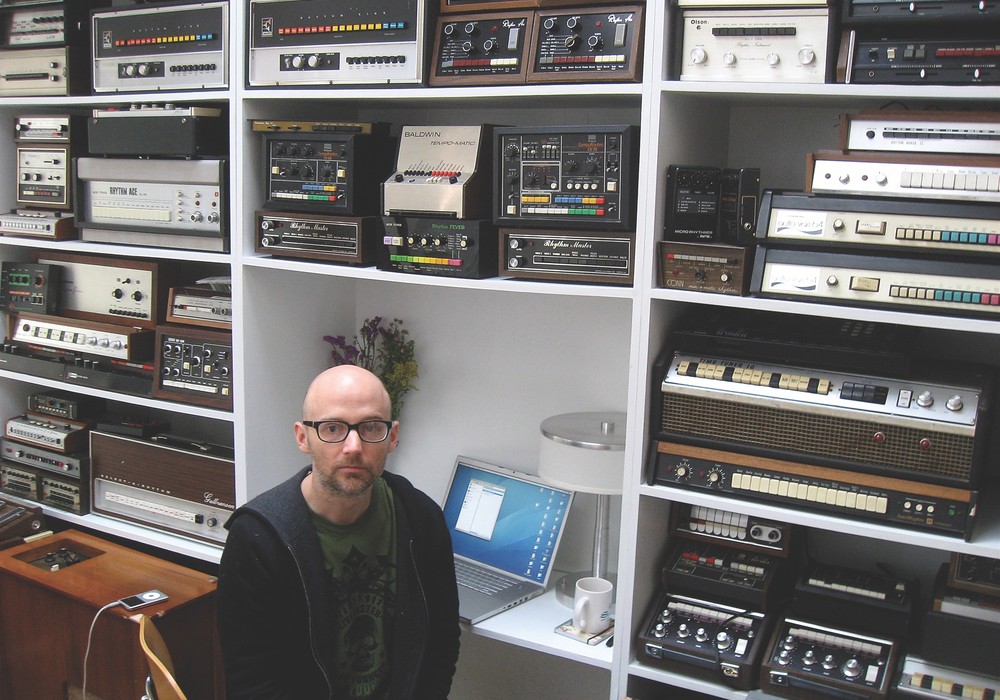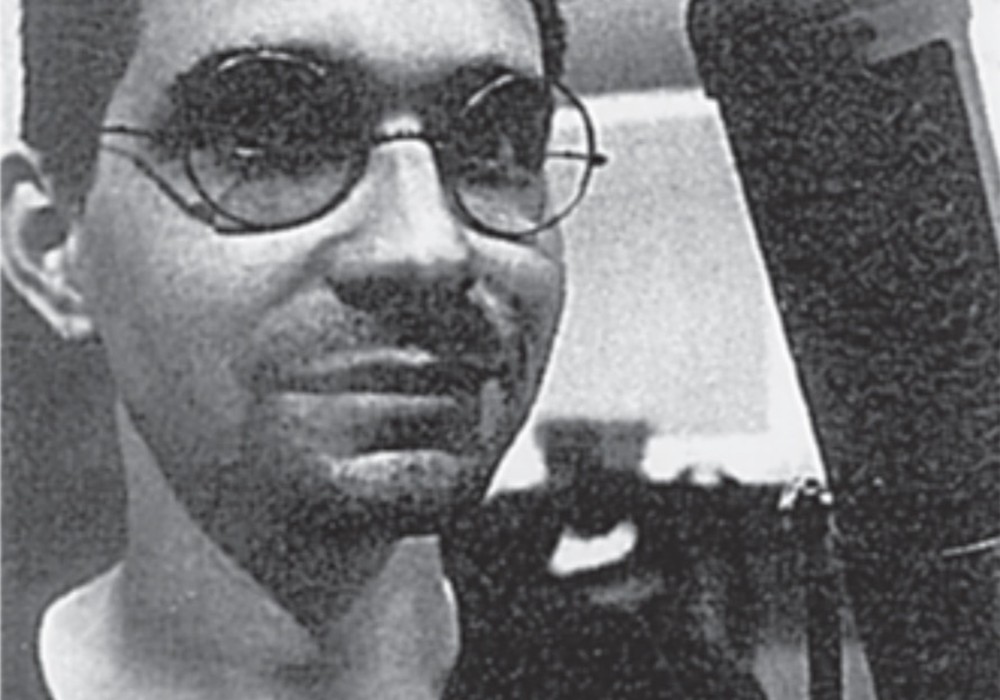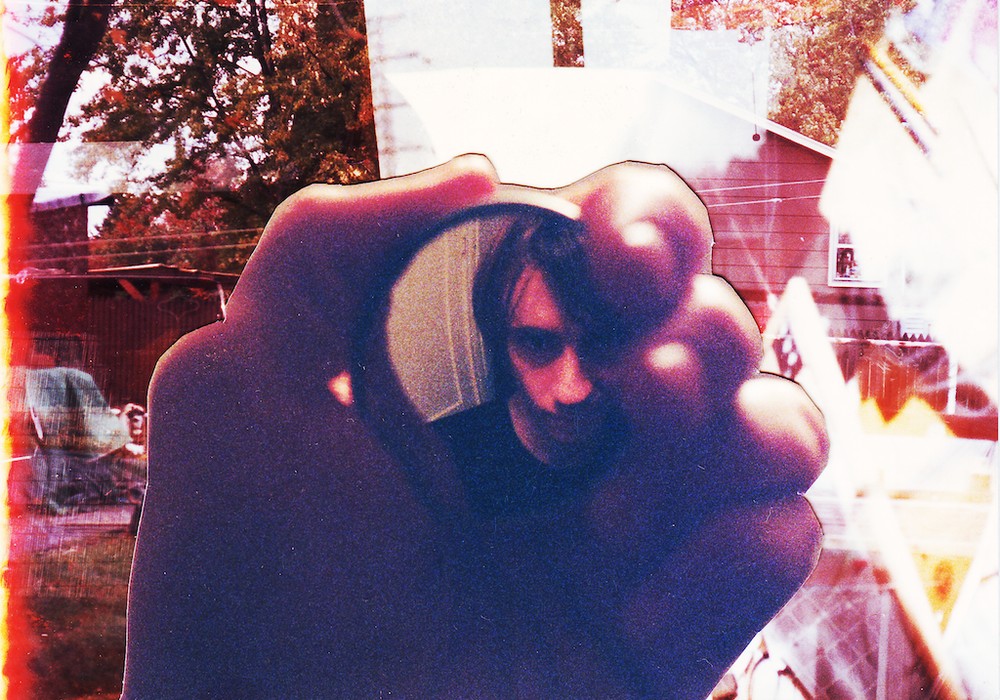As a drummer, Jim Sclavunos has kicked it with the best of them for over 35 years: Red Transistor, Beirut Slump, 8 Eyed Spy, Sonic Youth, The Cramps, Alex Chilton, Tav Falco's Panther Burns, Congo Norvell, and — of course — Grinderman, and Nick Cave & The Bad Seeds, all lay testament to that. And as a record producer the list is just as impressive: The Jim Jones Revue, The Horrors, Gogol Bordello, Black Moth, David J. Roch, Beth Orton, Lola Colt, The Callas, and Boss Hog have all called on Jim to help carve out their tracks over the past 15 years or so.
You've produced a lot of different bands and artists from an array of different genres. Do you only ever work with bands that you really like, or are you happy to work with anyone?
I've never worked with a band I didn't like, but I do like the idea of taking on things that other people might find difficult, or even uncool. As a musician I've got a history of working with so-called "difficult" acts. Some would say that a lot of people I've worked with were a handful — Lydia Lunch, Alex Chilton, Rowland S. Howard, The Cramps, and bands like that. And, okay, maybe they were not all the most straightforward personalities, but I've met so-called normal people that were far more difficult to work with! But no, I don't shy away from any potentially tricky proposition. The more unlikely it is the more intriguing it is to me. When Black Moth's label proposed me as their producer it was not an obvious match. The band challenged me, "Why do you think you should be producing us — a heavy metal band?" And I said, "Well, because I don't think you're heavy enough and I aim to make you heavier!" [laughs]
Are you very technically hands-on when you're producing?
Well, I've had a couple of studios over the years, which were modest operations, but I always shared them with an engineer. I don't consider myself, by any means, an engineer, but I can do a little bit of the basic stuff. I certainly don't like spending hours and hours squinting at a tiny screen. I prefer to be interacting with the artist at all times and trying to find great engineers that I trust. Neil Quinlan, for example, helped us mix Lola Colt's debut album. Andy Hawkins at Cottage Road Studios in Leeds is really good, and Dave Sanderson at 2fly Studios in Sheffield is another engineer that I've enjoyed working with a lot over the years. Kevin Paul's another guy I've worked with a lot; he's made some Nick Cave & The Bad Seeds and Grinderman records with us. I did The Horrors and Jim Jones Revue with him. I also really enjoyed working with Dan Cox at Urchin Studios here in London for the latest Jeffrey Lee Pierce Sessions Project album.
How do you like the producer/engineer relationship to work when you're in the studio?
I have a great deal of respect for the engineers I've worked with, and I always want to hear what they have to say about everything. I don't consider production to be a one-man show. But, at the end of the day, obviously the artist has to be happy with the end result, to say nothing of the label or the manager, and I feel obliged to strive for that. Sometimes, whatever the engineer thinks — whether he's right or wrong — it's irrelevant in the bigger picture of what the band wants, what the label wants, or the sheer unstoppable dynamics of the situation we find ourselves in. I do like to think that everybody can have a strong voice in the production and not just a confined role.
At what point did you become interested in recording and production?
I came to it in a funny way because I had gone to film school and, if you go to film school, there's a natural assumption that you're interested in visuals. I was, but in my naivety, I hadn't realized that you couldn't just go in there and everybody would get a camera; at least not in those days at NYU. You had to have your films voted on; otherwise you couldn't easily get your hands on the funding or the equipment. I never put together a project that my fellow students deemed "good enough" to put into production (mainly because they largely thought my ideas were weird or abhorrent), so I ended up on crews, working on other people's productions. Because of my height — I'm 6' 7" — I made for a natural boom man. In the course of working as a boom man, I became acquainted with all the other aspects of sound, starting with the microphones,...
